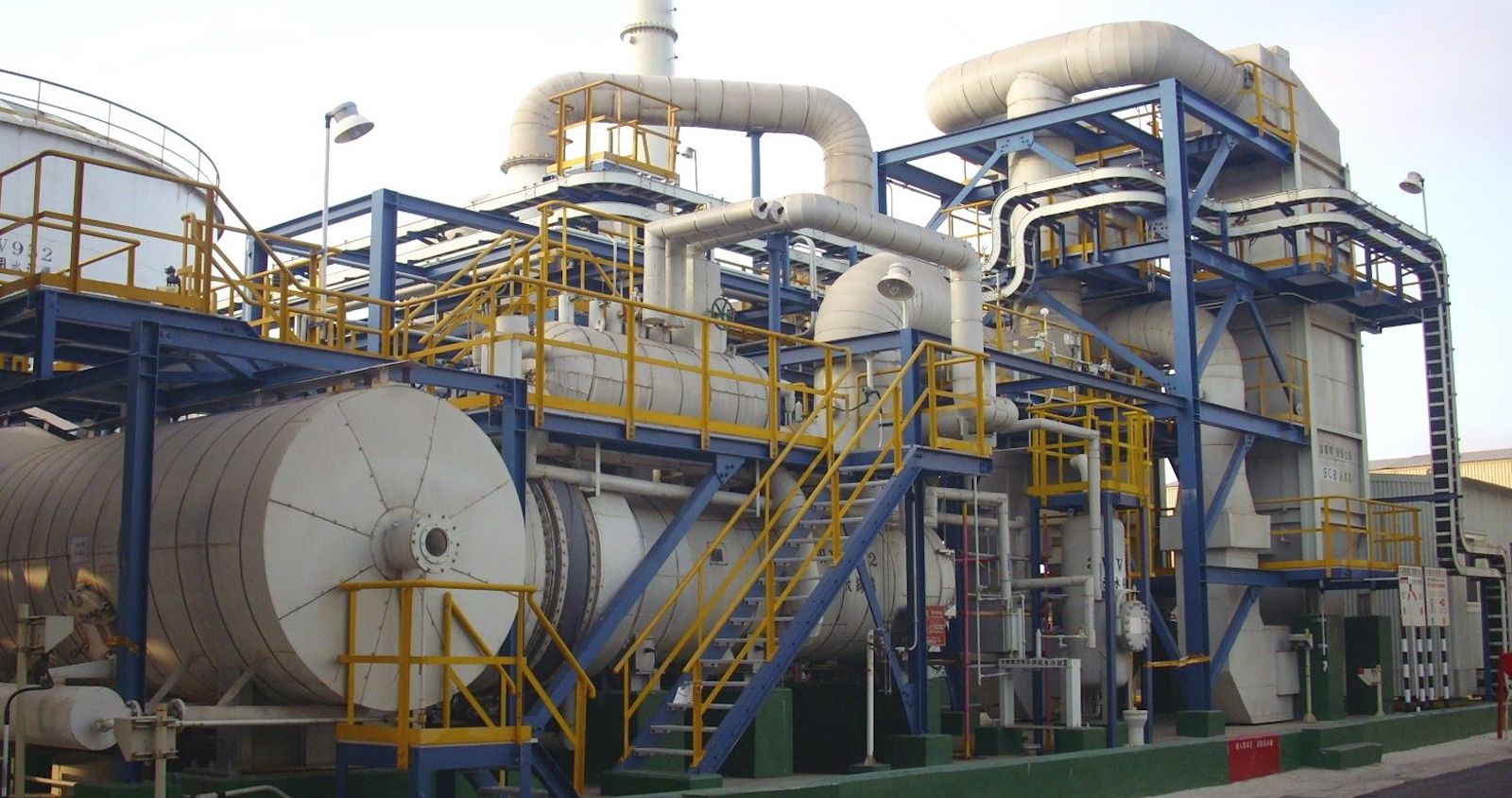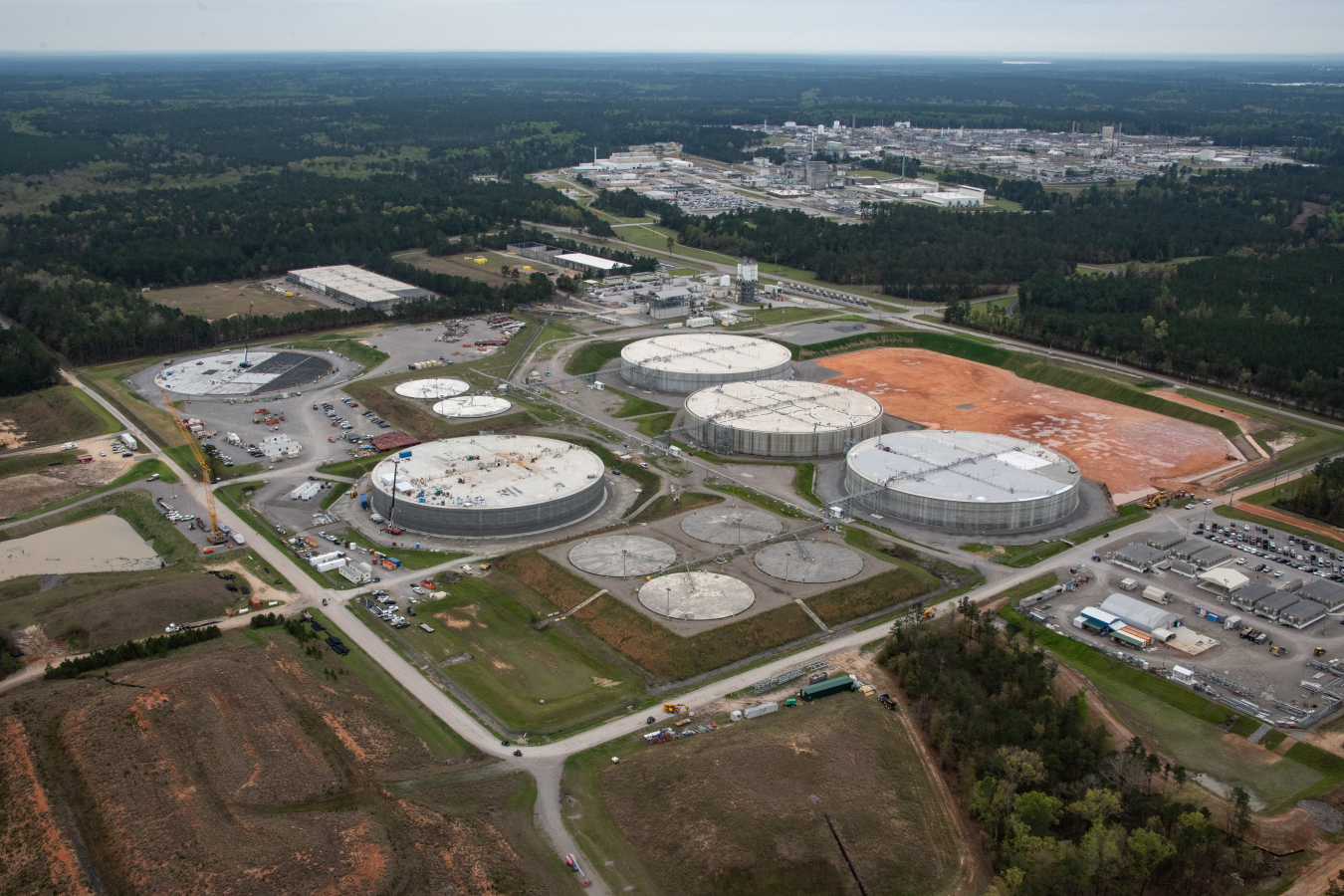Safe and Lasting Liquid Waste Disposal: Your Go-To Service Provider
Safe and Lasting Liquid Waste Disposal: Your Go-To Service Provider
Blog Article
Recognizing the Comprehensive Refine of Liquid Waste Disposal: Finest Practices and Environmental Influence Considerations
The administration of fluid waste disposal is a complex issue that calls for a comprehensive understanding of numerous ideal methods and their associated ecological influences. From the kinds of fluid waste produced to the approaches used for collection, therapy, and final disposal, each action plays a crucial function in guarding ecological communities and public health and wellness.
Kinds Of Liquid Waste
Comprehending the numerous sorts of liquid waste is vital for efficient monitoring and disposal techniques. Fluid waste can be generally classified right into several kinds, each calling for special handling and therapy techniques.
Industrial fluid waste usually includes dangerous products, consisting of hefty steels, solvents, and chemicals, produced throughout producing processes. These wastes require stringent governing conformity to safeguard human wellness and the environment. Domestic fluid waste primarily describes wastewater produced from families, including sewer and greywater, which, although less poisonous, can still position considerable threats if poorly handled.
Agricultural liquid waste, consisting of overflow from farms, typically includes plant foods and chemicals that can bring about environmental degradation if not treated sufficiently. Medical fluid waste, created from healthcare facilities, consists of infected liquids such as bodily liquids and chemicals, needing specialized disposal approaches to stop infection and environmental contamination.
Last but not least, oil and grease waste, generally generated by dining establishments and automotive markets, can cause extreme clogs in drain systems otherwise handled effectively. Recognizing these classifications assists in targeted approaches for treatment, compliance with regulations, and reliable disposal methods, ultimately promoting environmental sustainability and public wellness security.

Collection Methods
Reliable collection techniques are critical for the proper management of fluid waste, making sure that it is gathered securely and successfully prior to therapy or disposal. Various strategies are utilized depending on the kind of liquid waste created, the quantity, and the specific qualities of the waste.
One typical technique is making use of devoted collection storage tanks or sumps, which are made to record fluid waste at the source. These systems usually integrate pumps that assist in the transfer of waste to bigger storage containers or treatment facilities. In addition, mobile collection devices outfitted with vacuum technology are utilized in situations where waste is generated periodically or in hard-to-reach places.
For industrial setups, closed-loop systems can successfully minimize leakages and spills, permitting the recuperation and reuse of fluid waste. It is likewise vital to train personnel on appropriate collection methods to minimize threats connected with hazardous materials.
Moreover, carrying out normal maintenance routines for collection devices ensures ideal performance and security. The combination of innovative tracking systems can improve collection effectiveness by offering real-time information on waste degrees and possible dangers. Generally, efficient collection methods are fundamental to lasting liquid waste monitoring practices.
Treatment Procedures
Treatment processes play an essential function in the management of fluid waste, changing potentially hazardous products into safe effluents or reusable resources - liquid waste disposal. These processes can be extensively classified into physical, chemical, and biological techniques, each customized to resolve certain contaminants existing in the waste stream
Physical therapy methods, such as sedimentation and filtration, job by eliminating suspended solids and particle issue. These methods are commonly the initial action in the treatment chain, effectively decreasing the tons on subsequent procedures. Chemical treatments involve the use of reagents to counteract dangerous compounds, precipitate hefty steels, or oxidize organic pollutants, consequently boosting the safety and security of the effluent.
Biological therapy procedures, including activated sludge systems and anaerobic digestion, profit from the all-natural capacities of microbes to break down raw material. These approaches are specifically reliable for wastewater having eco-friendly pollutants. Advanced treatment modern technologies, such as membrane layer filtering and advanced oxidation procedures, are significantly used to attain greater degrees of filtration.
Incorporating a mix of these therapy approaches not just guarantees conformity with regulatory criteria however likewise promotes ecological sustainability by recouping valuable sources from liquid waste.
Disposal Options
How can companies make sure the responsible and safe disposal of liquid waste? Reliable disposal options are essential for guarding public health and wellness and the atmosphere. The key techniques include land disposal, incineration, and therapy adhered to by discharge into municipal wastewater systems.
Land disposal includes the mindful containment of fluid waste in assigned garbage dumps, making certain that it does not seep right into bordering dirt or water. Incineration, on the other hand, subjects fluid waste to heats, converting it right into ash and gases, which call for correct filtering to minimize exhausts. This approach is ideal for contaminateds materials that can not be dealt with through conventional ways.
In cases where fluid waste can be dealt with, organizations might go with chemical or biological therapy procedures to neutralize unsafe components prior liquid waste removal melbourne to discharging the treated effluent right into community systems. This route typically aligns with regulatory needs, making certain that the effluent satisfies security criteria.
Eventually, organizations have to perform extensive evaluations of each disposal alternative to establish its viability, thinking about aspects such as waste structure, regulatory compliance, and prospective dangers to health and wellness and the setting. By picking ideal disposal methods, services can add to a liable waste administration method.
Environmental Influence
The ecological effect of fluid garbage disposal is an essential factor to consider for organizations seeking to lessen their environmental footprint. Improper disposal approaches can result in substantial contamination of water resources, dirt deterioration, and damaging impacts on neighborhood ecological communities. For circumstances, unsafe liquids can leach into groundwater, posing threats to alcohol consumption water products and aquatic life. In addition, the discharge of untreated or improperly dealt with waste right into surface waters can lead to eutrophication, bring about oxygen depletion and the succeeding death of fish and various other organisms.

To minimize these impacts, organizations must take on best practices such as implementing extensive waste therapy processes, advertising recycling and reuse, and sticking to governing standards. By taking a positive method to liquid waste monitoring, entities can considerably reduce their environmental footprint while sustaining lasting growth objectives. Inevitably, a detailed understanding of the environmental influences associated with liquid garbage disposal is vital for notified decision-making and responsible stewardship of natural deposits.
Final Thought
Efficient monitoring of liquid waste is critical for safeguarding environmental honesty and public health. By taking on finest methods in disposal, collection, and treatment, along with adherence to regulative standards, the possibility for unsafe contamination of ecosystems can be significantly lowered. Continuous developments in innovation and processes add to lasting waste monitoring initiatives. Eventually, an extensive understanding of fluid garbage disposal not just minimizes ecological influences however additionally cultivates a dedication to responsible source administration and environmental stewardship.
The management of fluid waste disposal is a complex problem that calls for a detailed understanding of different ideal methods and their linked ecological effects. From the kinds of liquid waste produced to the approaches utilized for collection, treatment, and last disposal, each action plays an essential duty in safeguarding ecological communities and public health and wellness.The ecological influence of liquid waste disposal is a crucial consideration for companies looking for to decrease their ecological footprint. Ultimately, a comprehensive understanding of the ecological effects associated with fluid waste disposal is vital for informed decision-making and liable stewardship of natural sources.
Inevitably, a thorough understanding of fluid waste disposal not only minimizes environmental impacts yet likewise promotes a commitment to liable resource management and ecological stewardship.
Report this page